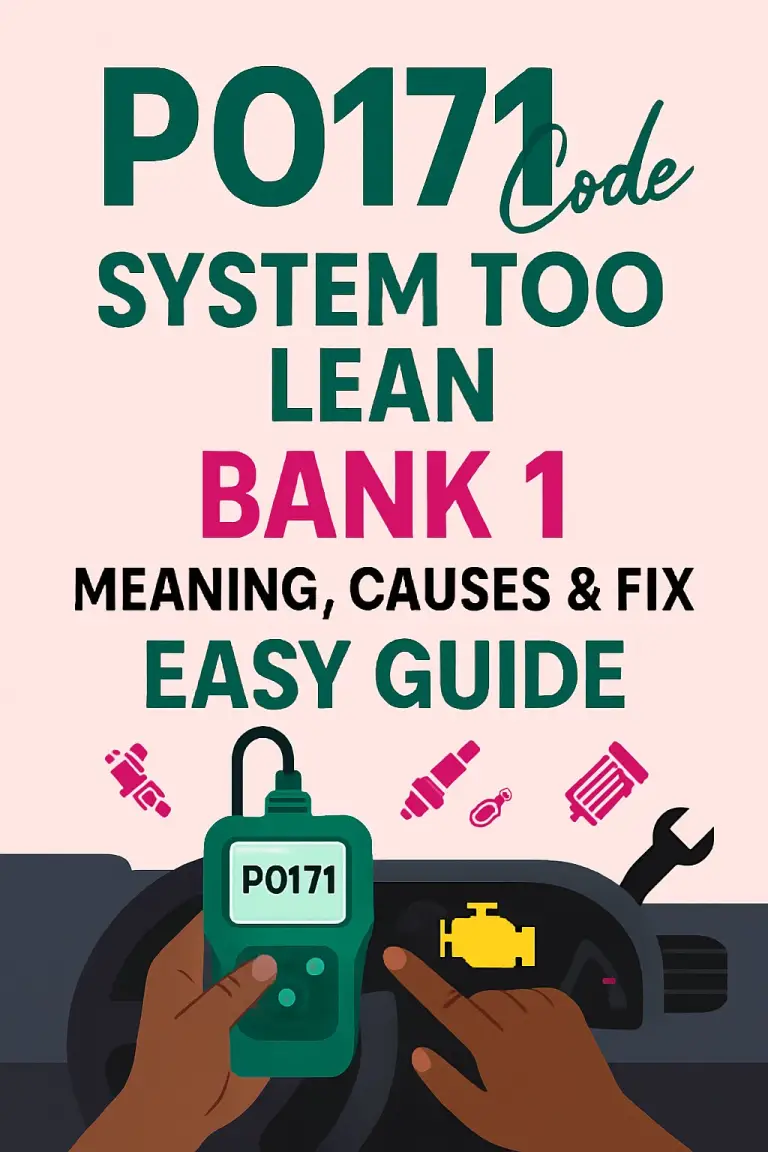Unlock the Secrets: How to Decode Your Engine’s Mysteries!
How to Check Your Engine Code
Your car’s engine control unit (ECU) stores diagnostic trouble codes (DTCs) when it detects a problem. These codes can help you identify the source of the problem and fix it. To check your engine code, you will need a code reader or scanner. You can purchase a code reader at most auto parts stores. Once you have a code reader, follow these steps
1. Turn on the ignition, but do not start the engine.
2. Connect the code reader to the OBD-II port under the dashboard.
3. The code reader will display a series of codes.
4. Write down the codes.
5. Look up the codes in your car’s owner’s manual or online.
6. Once you have identified the problem, you can fix it.
So How To Check My Engine Code
Your car’s engine is a complex machine, but it’s also one that you can learn to understand. By decoding the information that your engine is sending you, you can troubleshoot problems and make informed decisions about maintenance and repairs.
Here are a few things to look for when trying to decode your engine’s mysteries:
Check your engine oil level:
A low oil level can cause all sorts of problems, from decreased performance to engine damage.
Check your engine coolant level:
Low coolant can lead to overheating, which can damage your engine.
Check your spark plugs:
Worn or damaged spark plugs can cause your engine to misfire, which can lead to decreased performance and emissions.
Check your air filter:
A dirty air filter can restrict airflow to your engine, which can also lead to decreased performance and emissions.
Have your engine diagnosed by a qualified technician if you’re not sure what’s wrong:
They can use a diagnostic scanner to read the codes that are stored in your car’s computer, which can help them pinpoint the problem.
By decoding the information that your engine is sending you, you can keep your car running smoothly and avoid costly repairs.
How to Check My Engine Code
What is an Engine Code?
An engine code is a series of letters and numbers that are used to identify a specific problem with your vehicle’s engine. Engine codes are generated by the vehicle’s On-Board Diagnostic (OBD) system, which is a computer that monitors the various components of your engine. When a problem is detected, the OBD system will store the corresponding engine code in its memory.
How to Find Your Engine Code
There are a few different ways to find your engine code. One way is to use a code reader, which is a device that can connect to your vehicle’s OBD system and retrieve the stored engine codes. Another way to find your engine code is to look in your vehicle’s owner’s manual. The owner’s manual will typically list the location of the engine code on your vehicle’s dashboard.
What to Do If You Find an Engine Code
If you find an engine code, it is important to take your vehicle to a qualified mechanic as soon as possible. The mechanic will be able to diagnose the problem and repair your vehicle.
Common Engine Codes
Here are some of the most common engine codes:
P0101: Mass Air Flow Sensor
P0300: Random Misfire
P0420: Catalyst System Efficiency Below Threshold
P0455: Evaporative Emission Control System Leak
P0500: Idle Air Control System
Conclusion
Engine codes can be a helpful way to diagnose problems with your vehicle’s engine. If you find an engine code, it is important to take your vehicle to a qualified mechanic as soon as possible.
FAQs on How to Check Your Engine Code
What is an engine code?
An engine code is a series of letters and numbers that are used to identify a specific problem with your car’s engine.
How do I find my engine code?
There are a few different ways to find your engine code. You can:
Look in your car’s owner’s manual.
Look on a sticker inside your car’s door jamb.
Use an OBD-II scanner.
What do the different letters and numbers in an engine code mean?
The first letter of an engine code indicates the type of problem. The remaining letters and numbers provide more specific information about the problem.
What should I do if I get a check engine light?
If you get a check engine light, it’s important to have your car checked by a qualified mechanic as soon as possible. The check engine light can indicate a variety of problems, some of which can be serious.
How can I prevent engine codes from occurring?
There are a few things you can do to help prevent engine codes from occurring, including:
Keeping your car well-maintained.
Using the right type of fuel for your car.
Avoiding driving your car in extreme conditions.
Getting your car serviced regularly.




![How To Check A Code On A Check Engine Light [Find Out]](https://automotiveglory.com/wp-content/uploads/2024/05/how-to-check-a-code-on-a-check-engine-light-find-out_6094-768x529.jpg)

